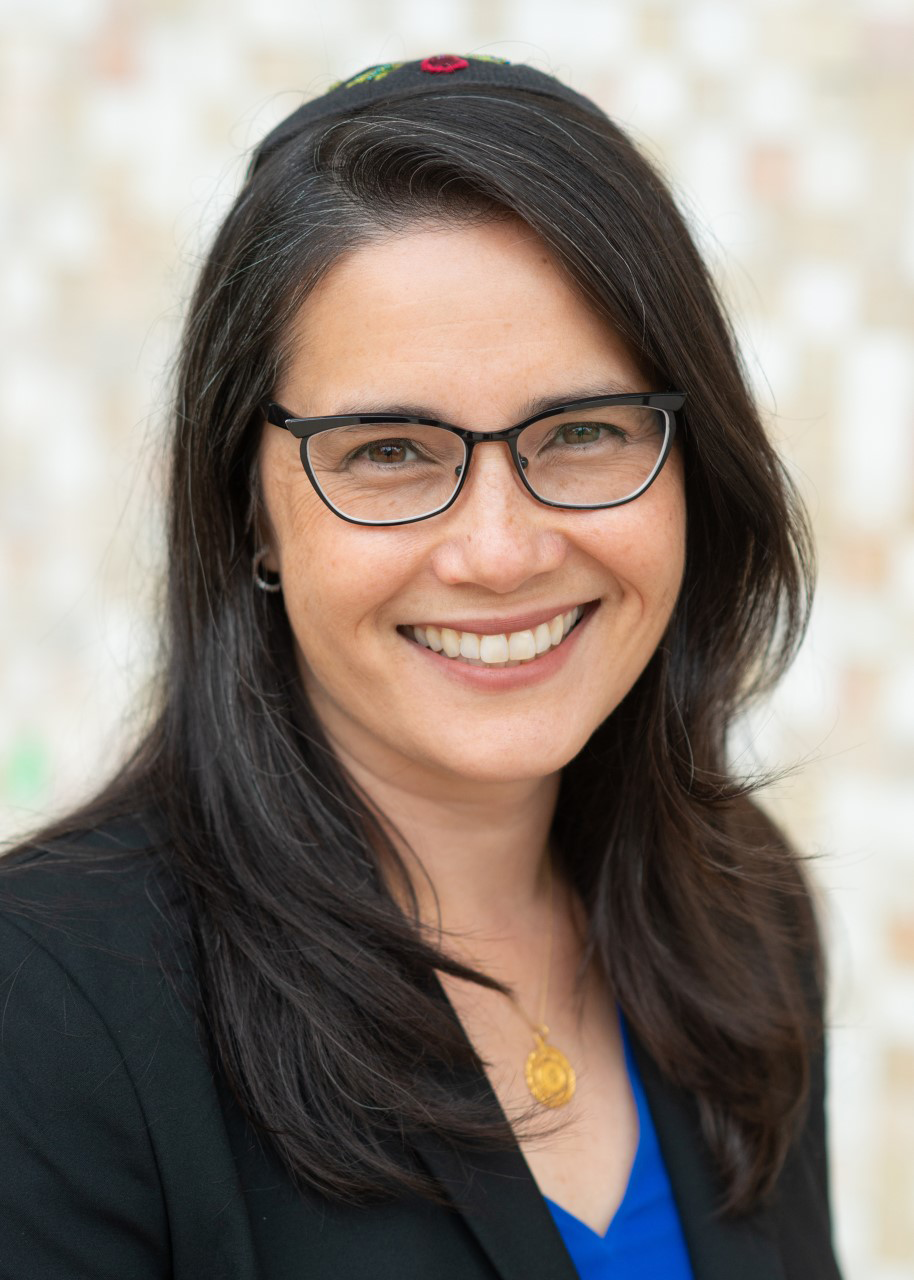I was a second-year Rabbinical Student, serving a midwestern congregation for the High Holy Days. Prior to my arrival, the local Jewish paper wrote a short article as a means of introducing me to the community. Among other things, the article included that I am Chinese. After reading it, a woman from the congregation found me at services and said, "It doesn't matter where you are from, you can be just as Jewish as the rest of us."
I didn't understand what she was saying at first. I am from San Francisco, a detail also included in the article. Was she suggesting that people who hail from the west coast are less Jewish than midwesterners? Then I realized, of course, that she was betraying a different, two-fold bias. First, that all Asian people were born somewhere in Asia, and second, that Chinese Jews must be welcomed into the Jewish community.
It's a strange feeling to have someone welcome you into your own community. It's like having a stranger try to welcome you into your own home. I already knew that I was as Jewish "as the rest of us." But I didn't know that she didn't think of me as equally Jewish until she told me by saying what she said. She was not welcoming me so much as trying to convince herself that I could be as Jewish as she was. Someone telling you that they don't think you belong, even in a nice way, is a hurtful thing to hear.
Thinking of diversity as a matter of welcome or inclusion is a mistake we often make in the Jewish community. Both of those terms suggest that there are insiders who have to bring outsiders in. That sets up a power dynamic that can be diminishing and insulting. Rather, diversity is a matter of recognition; recognizing who already comprises our communities. When we try to be inclusive, we have a fixed understanding of who those insiders and outsiders are. When, instead, we try to recognize who we are as a community, our minds focus on learning in order to grow our perceptions of who we are as a people.
This week's Torah portion, va-et'chanan, can give us a helpful frame as we consider what it means to truly recognize the diversity we have in our community. Through the words of the sh'ma, we explore the meaning of Oneness.
Sh 'ma Yisrael, Adonai Eloheinu, Adonai Echad.
Hear, O Israel, the Eternal is our God, the Eternal is One.
This six-word phrase is one of the most important texts in Jewish life. As we chant and say it ritually, it connects us with all other Jews through time and space. It grounds us as a part of the Jewish people, and it teaches us the Jewish perspective on the nature of God.
Taken as an adjective, "one" means that God is singular. The sh'ma , then, is a statement of monotheism. There is only one God as opposed to many gods. That is the idea at the foundation of Jewish thought and tradition. It helps to remind us that our God is the God of all people, and thus all of humanity comes from the same source.
Taken as a noun, however, "one" means unity. "One" is the sum of all fractions and parts and represents wholeness, completeness. No one and nothing exists outside of that Oneness. Dr. Judith Plaskow captures this beautifully when she writes in her book Standing Again at Sinai, "[T] he capacity to see the One in and through the changing forms of the many, to glimpse the whole in and through its infinite images, is…what monotheism is truly about." God is the whole and everything else is a piece of that unity. We might not know what each of those parts are, but when we encounter them, we know that their very existence means they are a part of the Oneness.
When we mistakenly see some as insiders and others as outsiders, we have split the One into multiple parts. That is what makes us feel fractured and broken. That is what makes some people ostracize and isolate others. If, instead, we see all others as already a part of the whole, then we approach the encounter with openness, ready to accept whatever aspects of diversity that they bring, even if it is new to us.
Our goal must be to change our perception of who "we" already are. When we do, we may come closer to truly experiencing Oneness.
Explore Jewish Life and Get Inspired
Subscribe for Emails

